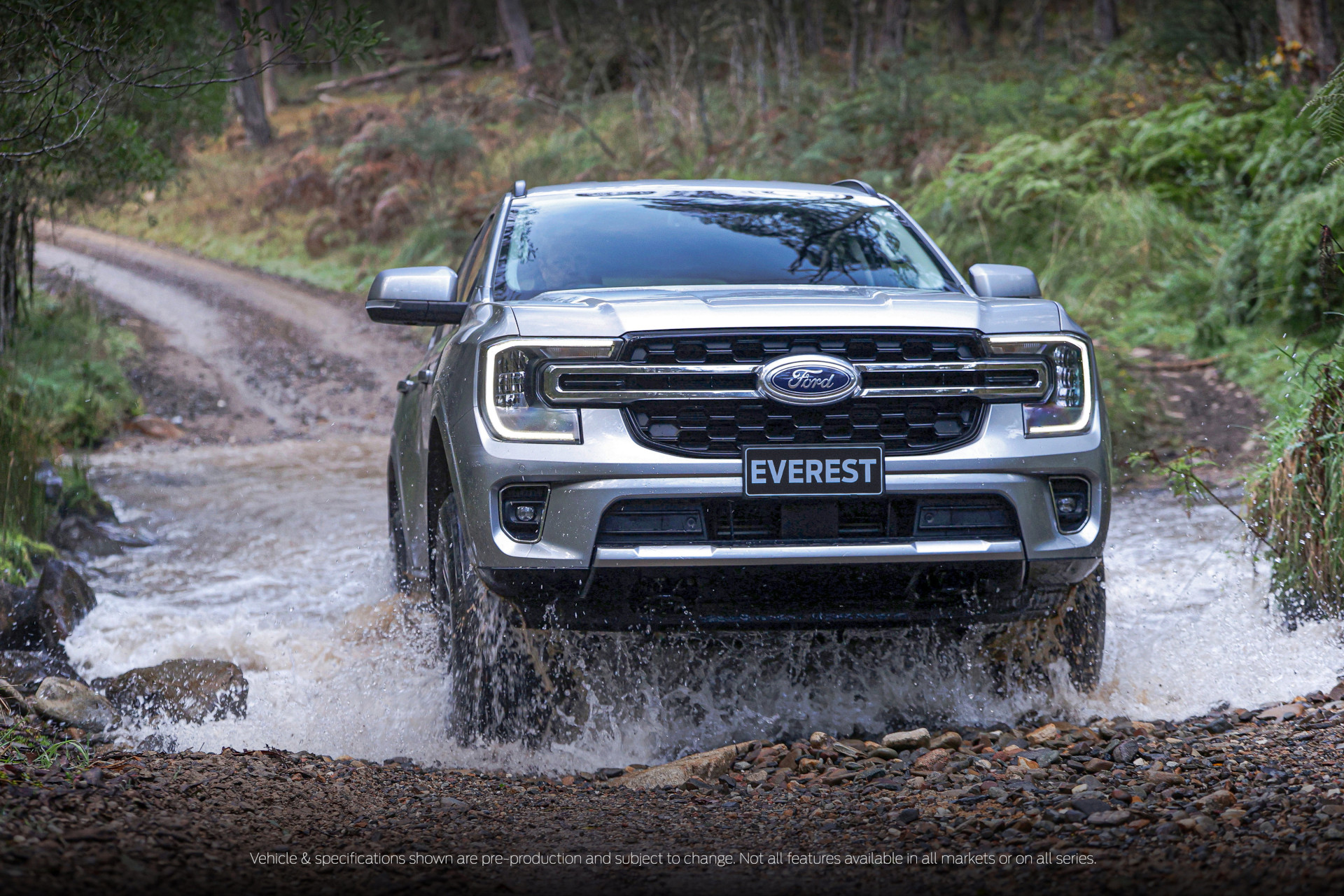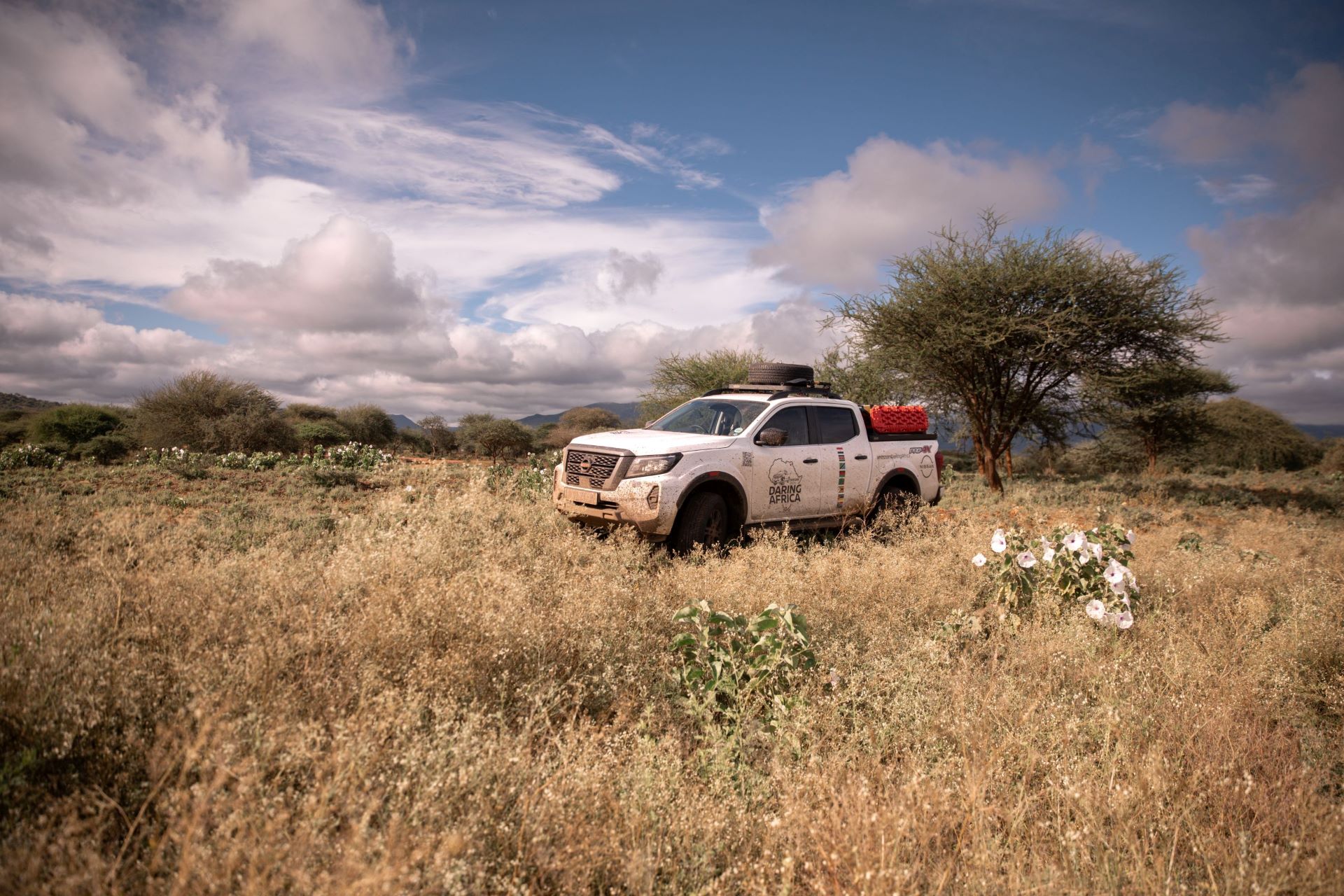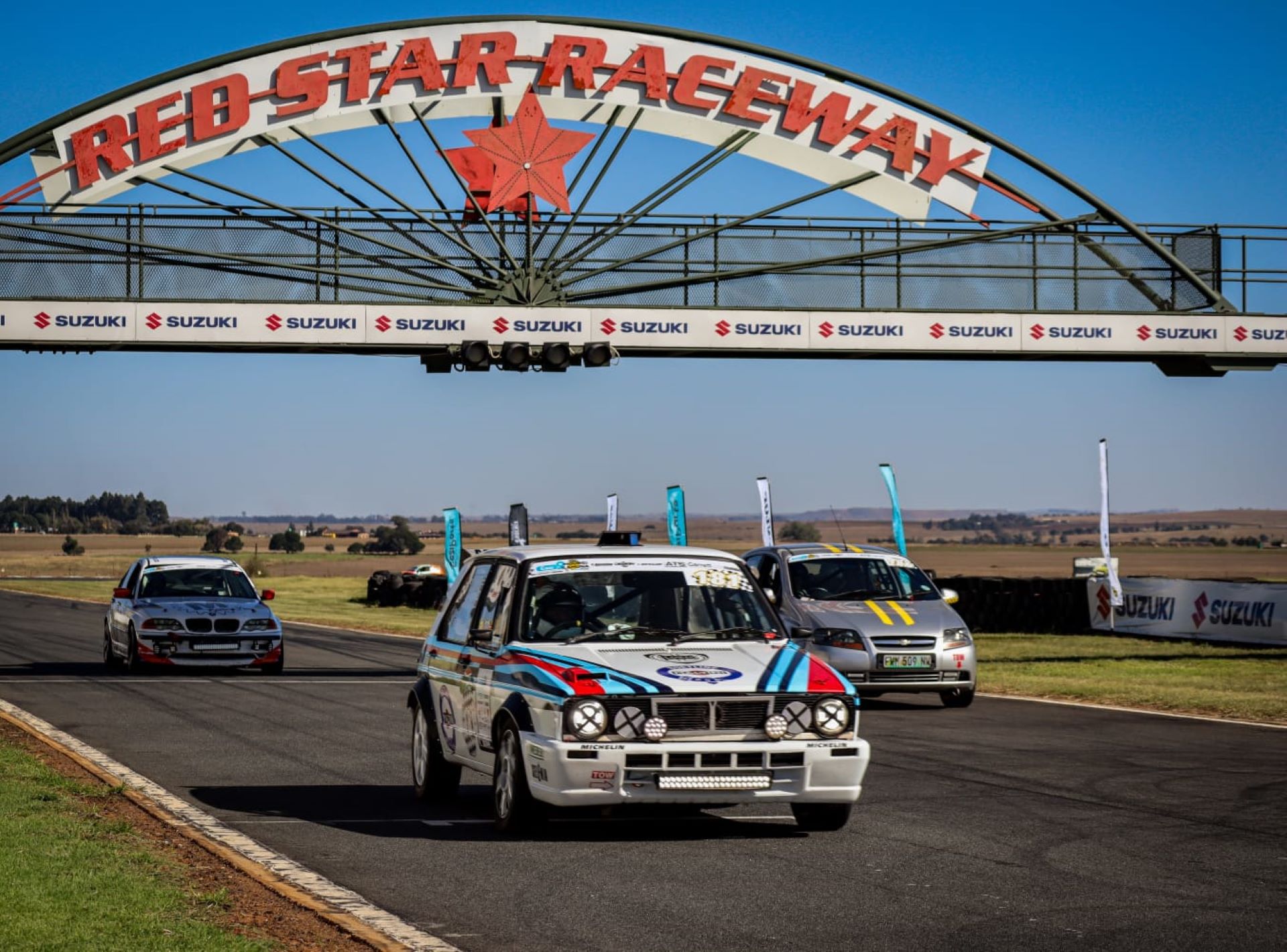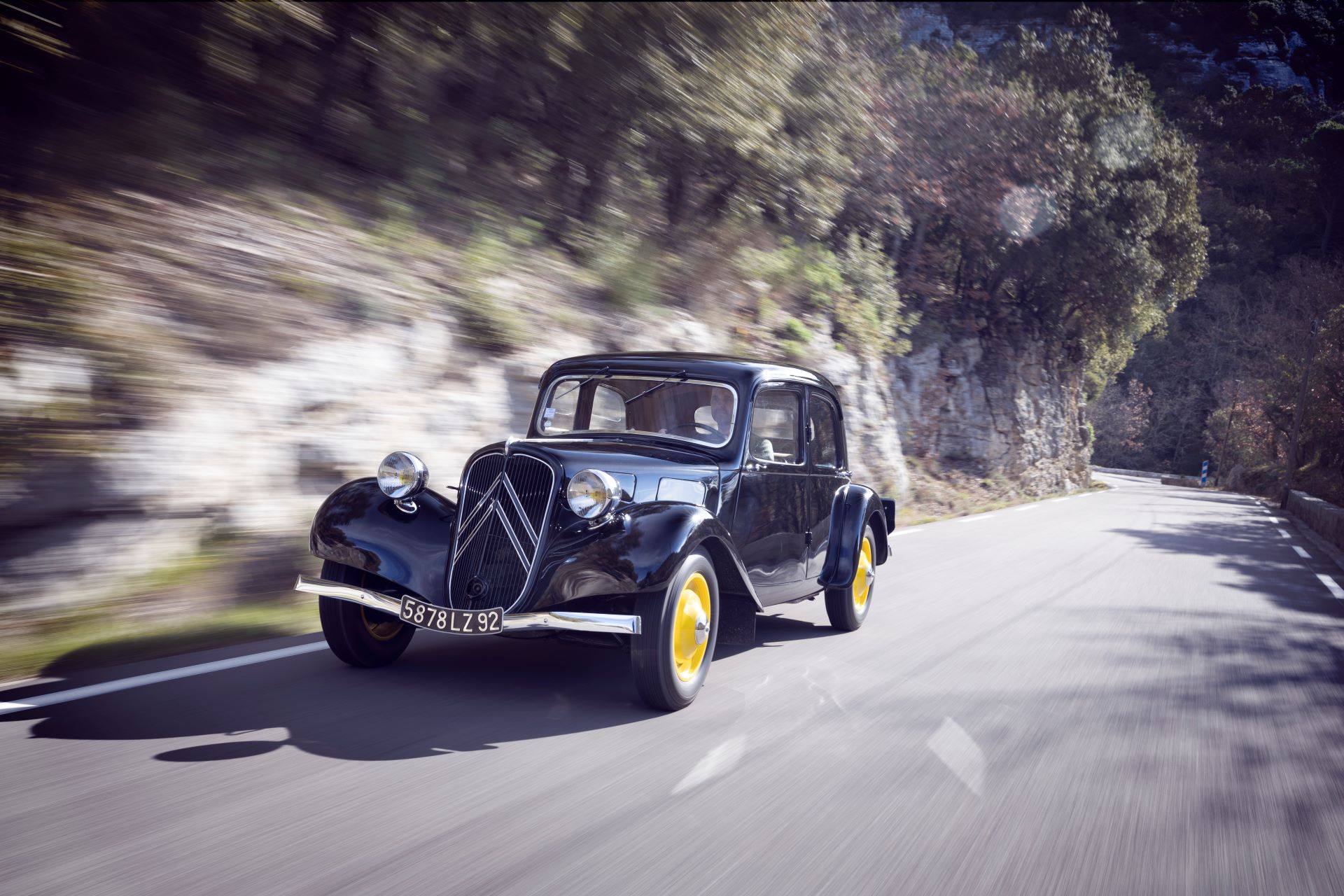Pretoria, South Africa, August 26, 2022 – Whether you’re scrambling up the side of a mountain or towing a trailer, next-generation Everest is filled with cutting-edge technologies to get you there and back again. From Everest’s Selectable Drive Modes which optimise vehicle performance to suit a range of different conditions – to its sophisticated surround view cameras and rear differential lock, off-road adventures are even more achievable.
“The Everest has always been very good off the beaten track, and we wanted to build on the confidence customers have when travelling off-road,” said Ian Foston, chief platform engineer, Ford Everest. “So we focused on giving customers a vehicle that is versatile and sure footed on any surface by fitting it with a raft of technologies that combine to make it the most capable Everest yet.”
With the twist of a dial or push of a button, next-gen Everest customers can choose from up to six drive modes designed to improve on- and off-road comfort and capability. Depending on the market and variant, these drive modes are:
- Normal – Intended for everyday use and can be used on- and off-road in general driving conditions.
- (New) Eco – This mode maximises fuel economy by reducing throttle sensitivity and upshifting gears earlier and adds a more economical cruise control tune.
- (New) Tow/Haul – This mode is designed to be used when towing or carrying a heavy load and optimises gear shift timing to maintain power delivery and engine braking in hilly terrain, it also increases steering weight for improved control.
- Slippery – For use on firm but slippery surfaces, like wet grass. The engine and transmission is optimised to reduce wheel spin with a faster acting traction control setting for enhanced grip and control.
- (New) Mud/Ruts – For use only off-road in soft, muddy, rutted or waterlogged tracks, this mode is designed to help maintain vehicle momentum but still allow for some wheel slip to assist in clearing mud from the tyre tread.
- Sand – Another off-road only mode designed to be used on both sand and deep snow and optimises power delivery, gear shifts and stability control to maintain vehicle momentum.
The selectable drive modes dovetail into the raft of other technologies designed to enhance capability, like the electronic rear differential lock which can be activated via the dedicated SYNC off-road screen, or hill descent control, or front camera view (where fitted) with steering overlays which displays on the large-format infotainment screen.
“We’re particularly pleased with the front camera view on next-gen Everest and we think owners who regularly venture off-road will love it,” said Rob Hugo, vehicle experience manager, Ford Everest. “Offering predictive steering overlays means you can inch your way around or between obstacles with confidence – it’s like having a built-in spotter.”
Tested in more than 10 countries, from the harsh Australian outback, to the jungles of Thailand, the frozen snow-capped mountains of New Zealand and the searing desert sands of Dubai, next-gen Everest’s technologies offer capability with confidence.
“Customers can have confidence in the technology we’ve added into next-gen Everest, because we torture tested it almost to destruction – both in the simulated world and real-word – to ensure it was capable, strong, safe, and durable enough to meet the demands of off-road adventurers,” said John Willems, chief program engineer, Ford Everest.
These new technologies dovetail into a strong and purpose-built chassis that’s 50mm longer than before. The track has increased by 50mm, too. These two elements have combined to improve on- and off-road ride stability and enhanced capability thanks to shorter front and rear overhangs, improving approach (up to 30-degrees) and departure (up to 30-degrees) angles.
The maximum braked towing capacity has been raised from 3200kg to 3500kgii with features like trailer light check and towing checklist making next-gen Everest an outstanding towing platform that customers can have confidence in. For added peace of mind, Everest’s Blind Spot Information System (BLIS®i) driver assistance technology allows drivers to program the size of their trailer for added coverage of vehicle blind spots.
The changes don’t end there with next-gen Everest offering two four-wheel drive systems. Depending on the market and model the Everest is either available with a traditional part-time 4×4 system with a two-speed electronic shift-on-the-fly transfer case offering 2H, 4H and 4L, or an advanced, permanent four-wheel drive system that uses an electronically controlled on-demand two-speed electromechanical transfer case (EMTC) offering 2H, 4H, 4L and 4A.
The default setting in Normal drive mode is 2H with the part-time 4×4 system, which is intended for general driving on-road. Then, when you leave the bitumen behind, 4H sees all four wheels receive drive improving grip and control. For steep or rocky tracks and deep sand 4L provides increased torque multiplication for enhanced low-speed control. If equipped with the full-time 4WD system, 4A can be used on- and off-road and constantly adjusts the flow of drive between the front and rear axles for enhanced traction in all road conditions for peace of mind. The default setting in Normal drive mode is 4A with the full-time 4WD system.
“We really wanted to build on the things people liked about the current Everest but go the extra mile when it came to capability. Customers can confidently go from the city to the mountains and back again knowing they’ve got a suite of technologies that can enhance the novice and flatter the experienced off-roader, all underpinned by a robust chassis and suspension that enhances both comfort and safety,” said Ian Foston, chief platform engineer, Ford Everest.
A video link to view next-gen Everest in action can be found here.



